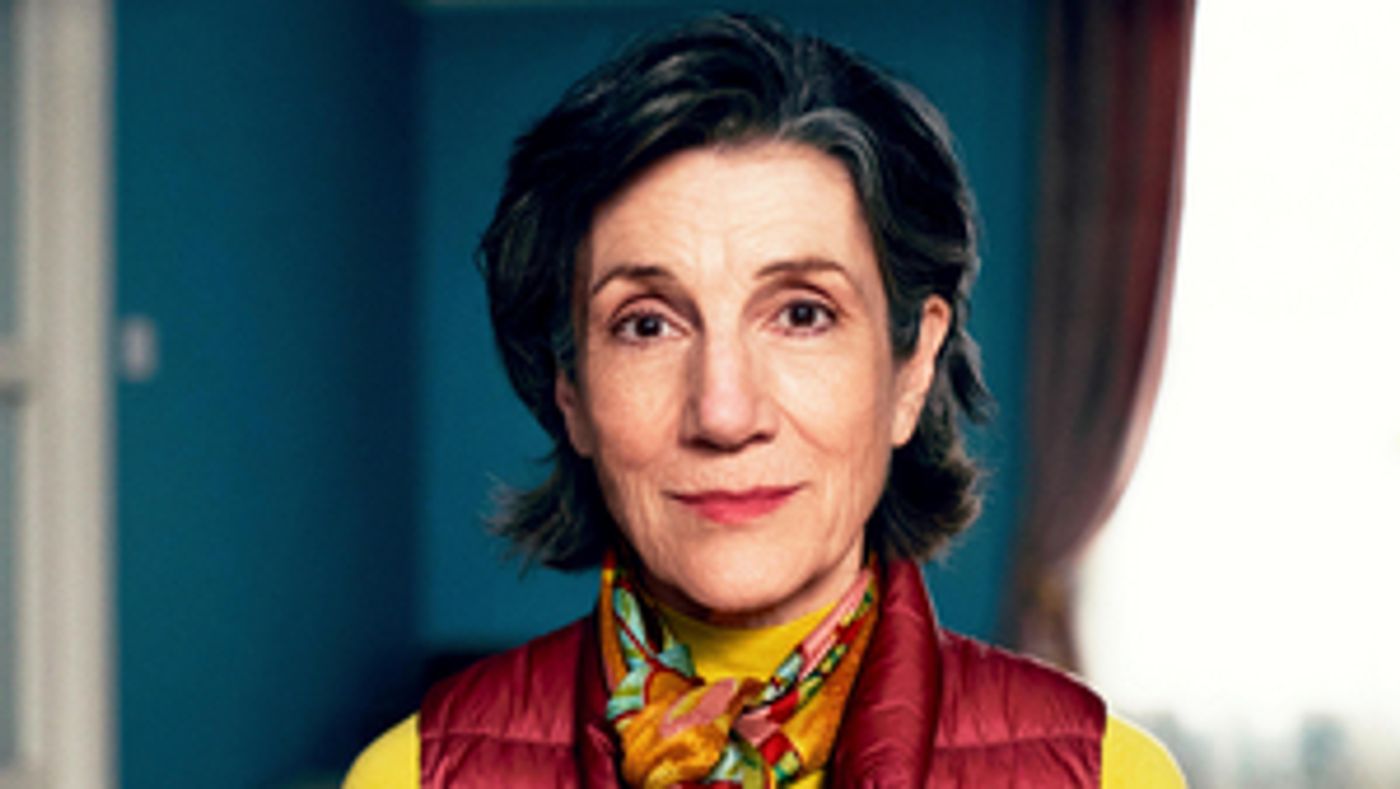Review: TALKING HEADS: SOLDIERING ON, BBC iPlayer

![]() Muriel plays the perfect hostess. Even at her husband's funeral, she oils the wheels of that deathless discourse of upper middle class, rural sociability - the Massey Ferguson set are introduced to the charity stalwarts, the City suits to ex-military men, the WI to the cruise ship regulars. Years of acculturation kick in, hardly affected by the death of a much loved husband, and chins are kept up, brave faces put on, weeping for pantry interiors only.
Muriel plays the perfect hostess. Even at her husband's funeral, she oils the wheels of that deathless discourse of upper middle class, rural sociability - the Massey Ferguson set are introduced to the charity stalwarts, the City suits to ex-military men, the WI to the cruise ship regulars. Years of acculturation kick in, hardly affected by the death of a much loved husband, and chins are kept up, brave faces put on, weeping for pantry interiors only.
In the quieter days that follow, she does seek help, but grieving is crowded out by yet another coffee morning, bickering over which charitable cause gets what and the constant refrain not to make any "big decisions". Her son is there to help with that - his brisk confidence setting up the dominoes which she can knock over with the swish of a pen on a document here, a document there. All the stuff she doesn't understand, that her husband did when alive with his accountants and lawyers, will go away and she'll only have her daughter, recovering from a nervous breakdown, to deal with. Or so it seems.
Dame Harriet Walter, the eyes saying what the mouth won't, does her best work walking that Chekhovian line between comedy and tragedy. There's the absurdity of the tiny traumas attendant on navigating the interlinking networks of a ageing woman's comfortable life - sure there's plenty of privilege, but everything is so small that the energy required to puff things up into visibility saps the spirit and fuels the ennui. The big stuff - right in front of her face - is overlooked of course.
It's that dread word "comfortable". It's there underpinning the carapace of invincibility that eats away the perceptual skills required to see the whys and the hows, it smooths the complacency that places trust too easily, it prepares the ground for a mother to play favourites without considering the consequences.
Director, Marianne Elliott, gives us such an unreadable closing scene, the camera skulking away, leaving Muriel in her own world. In the original television version and in a stage adaptation, I've always found this new smaller world of hers liberating, authentic and stripped of the disguises that so blighted her in her comfortable life. I guess we're asked to consider, as we often are in this series of monologues, not whether we can choose to be lonely or not, but which kind of loneliness is the more bearable. In Bennett, "None of the above" always appears to be greyed out.
Alan Bennett's Talking Heads is now on the BBC iPlayer.
Photo BBC/London Theatre Company
Reader Reviews
Videos

